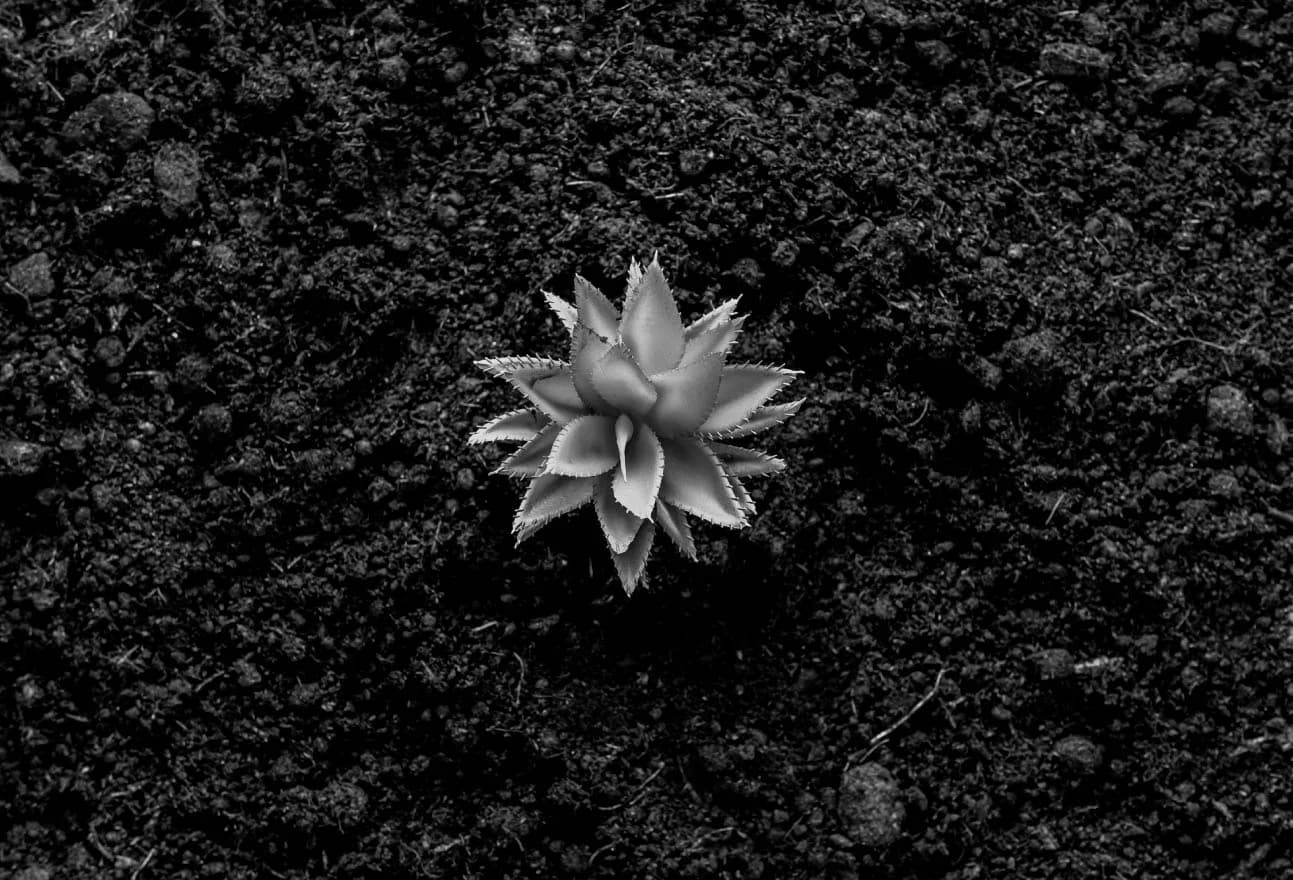Explore
mysteries of
death beyond
beyond the Veil
Death is an inevitable part of life, but what happens to the body after passing away can be a mystery. The aims here are to demystify the process of human body decomposition and help you gain a greater understanding of the natural world.
Join me on a journey of exploration as we delve into the fascinating world of decomposition. By gaining a deeper appreciation of this natural process, we can come to a better understanding of the interconnectedness of life and death.
Scroll
Tracking
Decay Process
Decomposition is a natural process that occurs in all living organisms after death. While this process may seem unsettling, it plays a crucial role in the cycle of life and is important for both scientific and practical reasons. By understanding the various stages of decomposition and the factors that influence it, we can better understand our environment and improve forensic investigations.
By exploring the stages of decomposition, we can gain a deeper understanding of the physical processes that occur after death. To facilitate this understanding, let us explore the five recognized stages of decomposition.
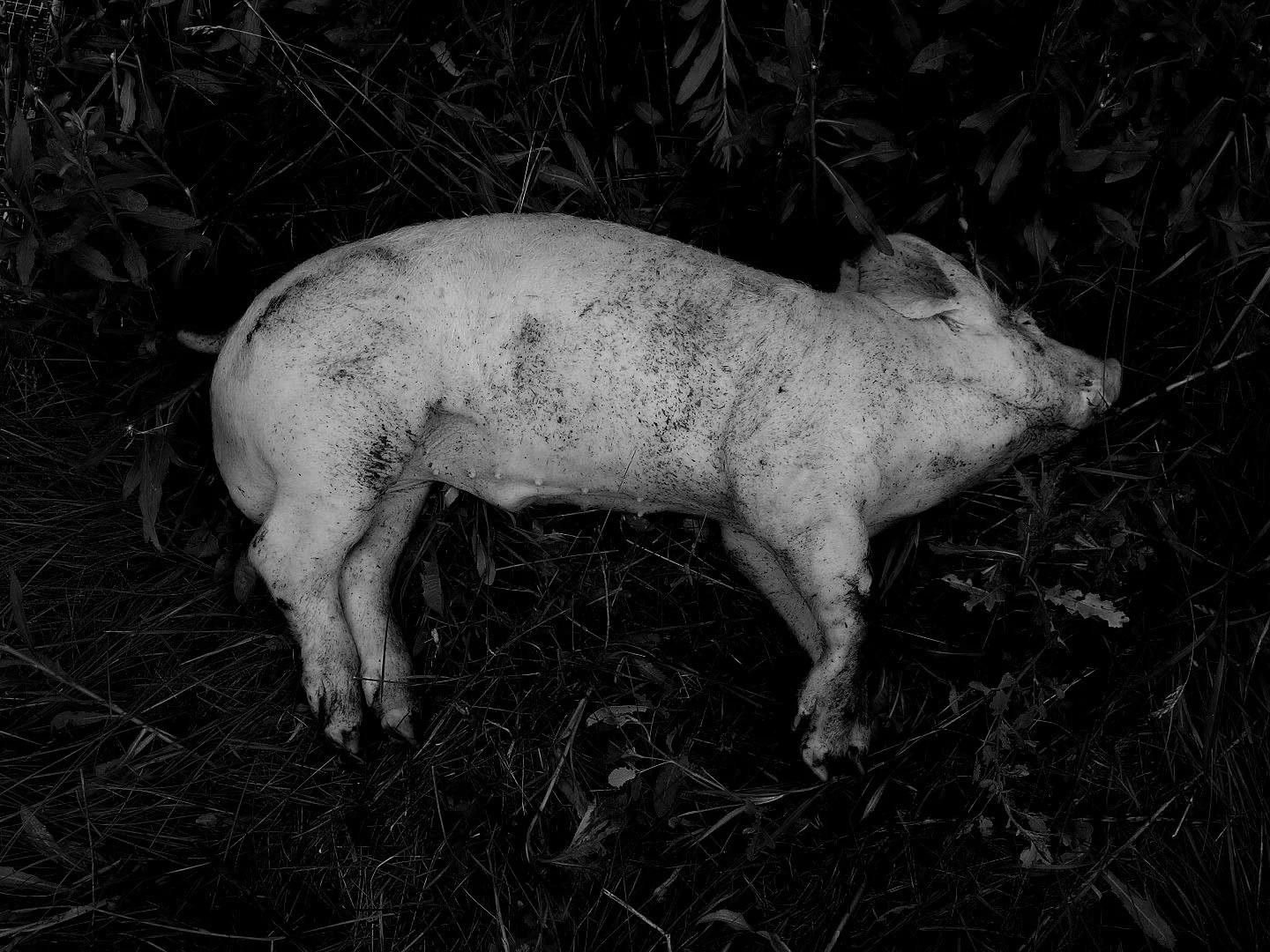
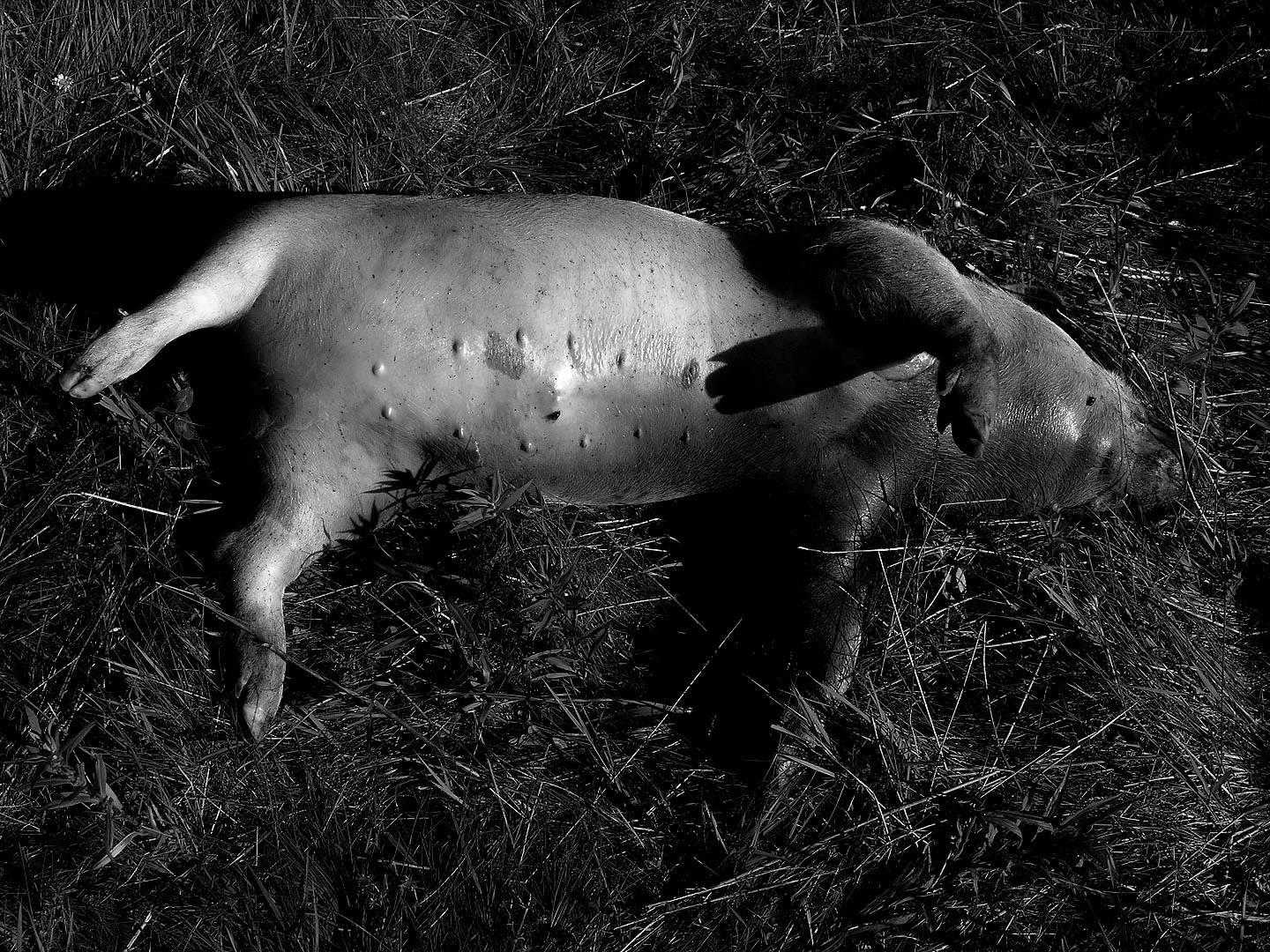
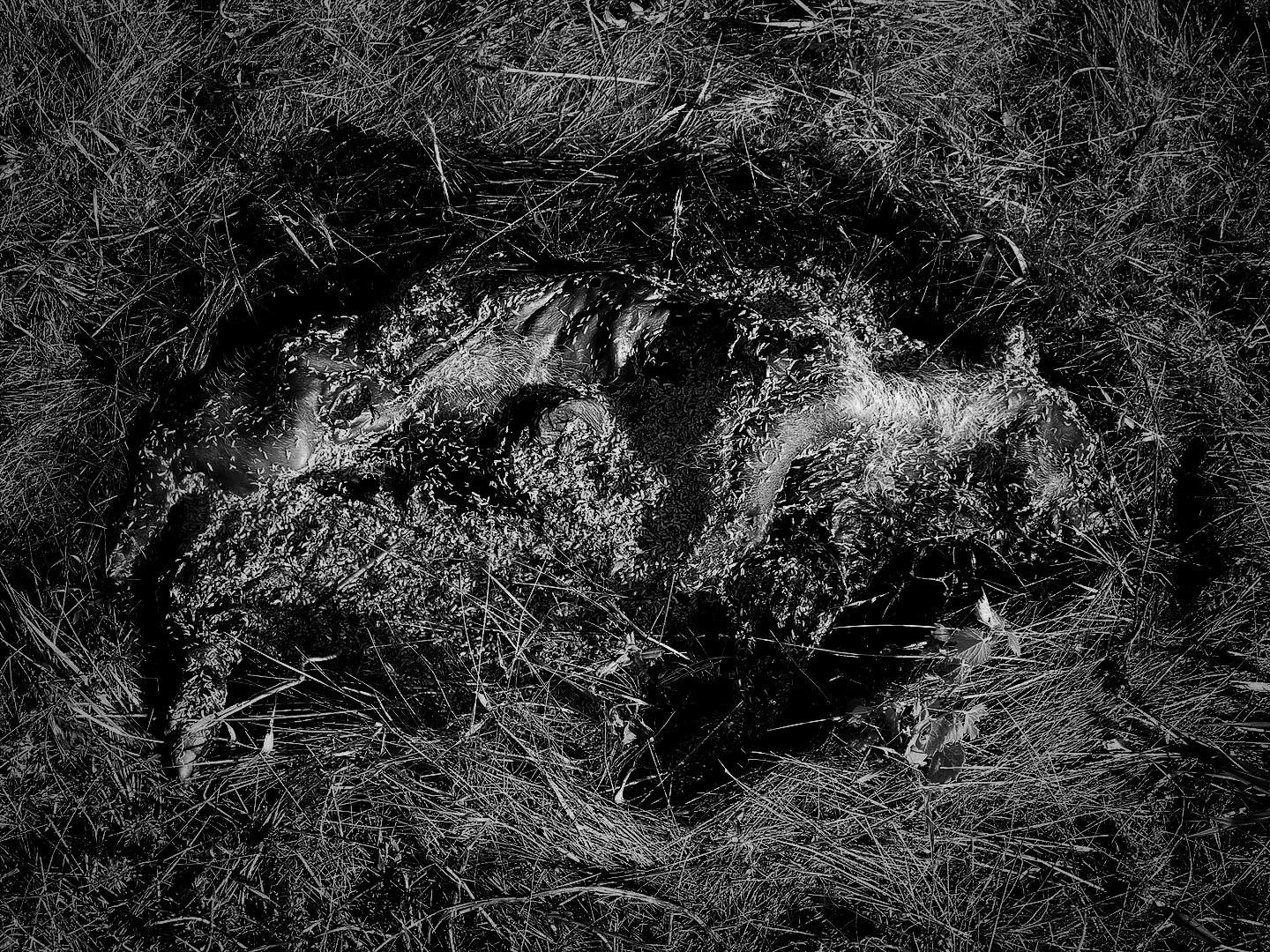
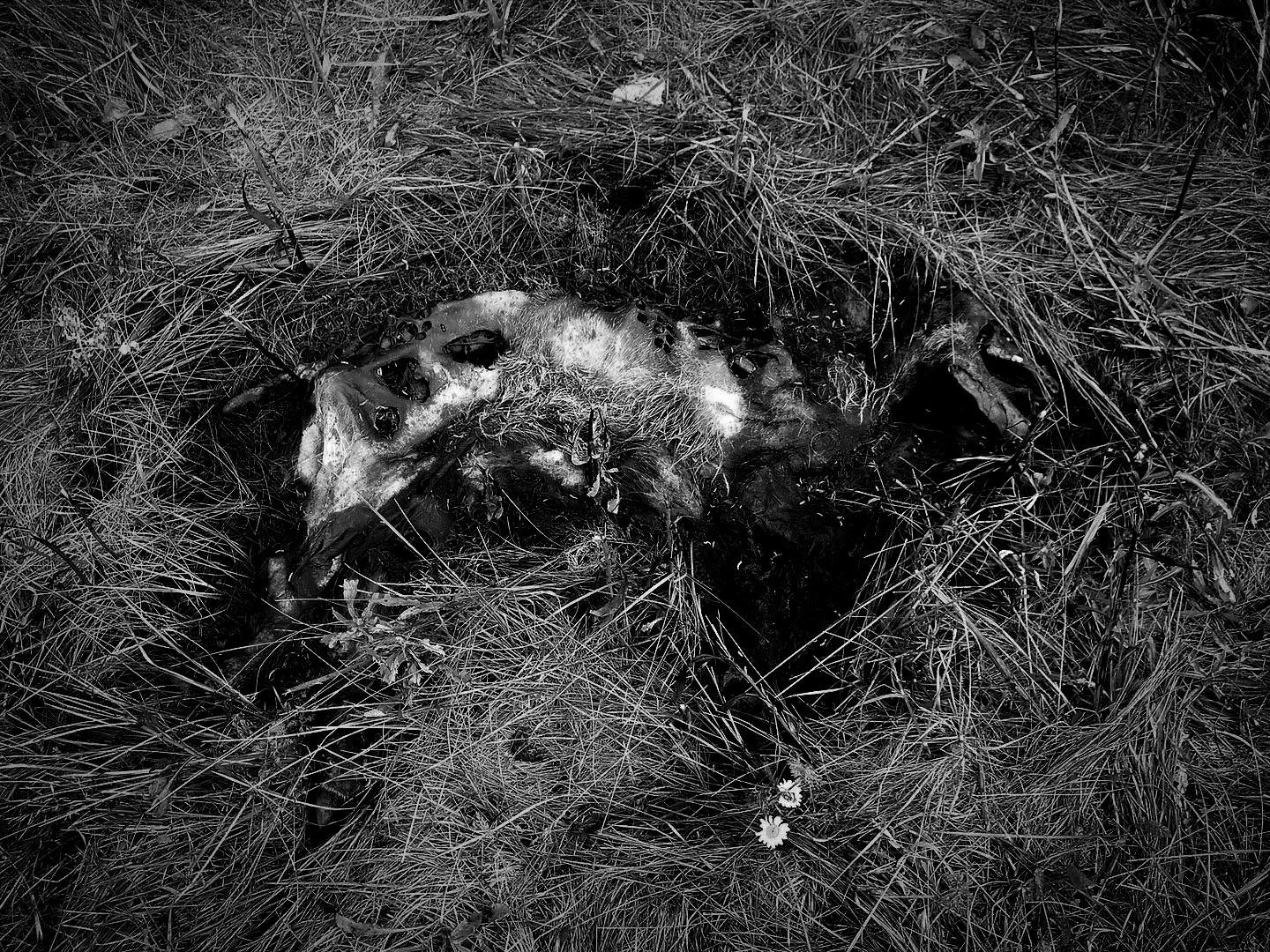
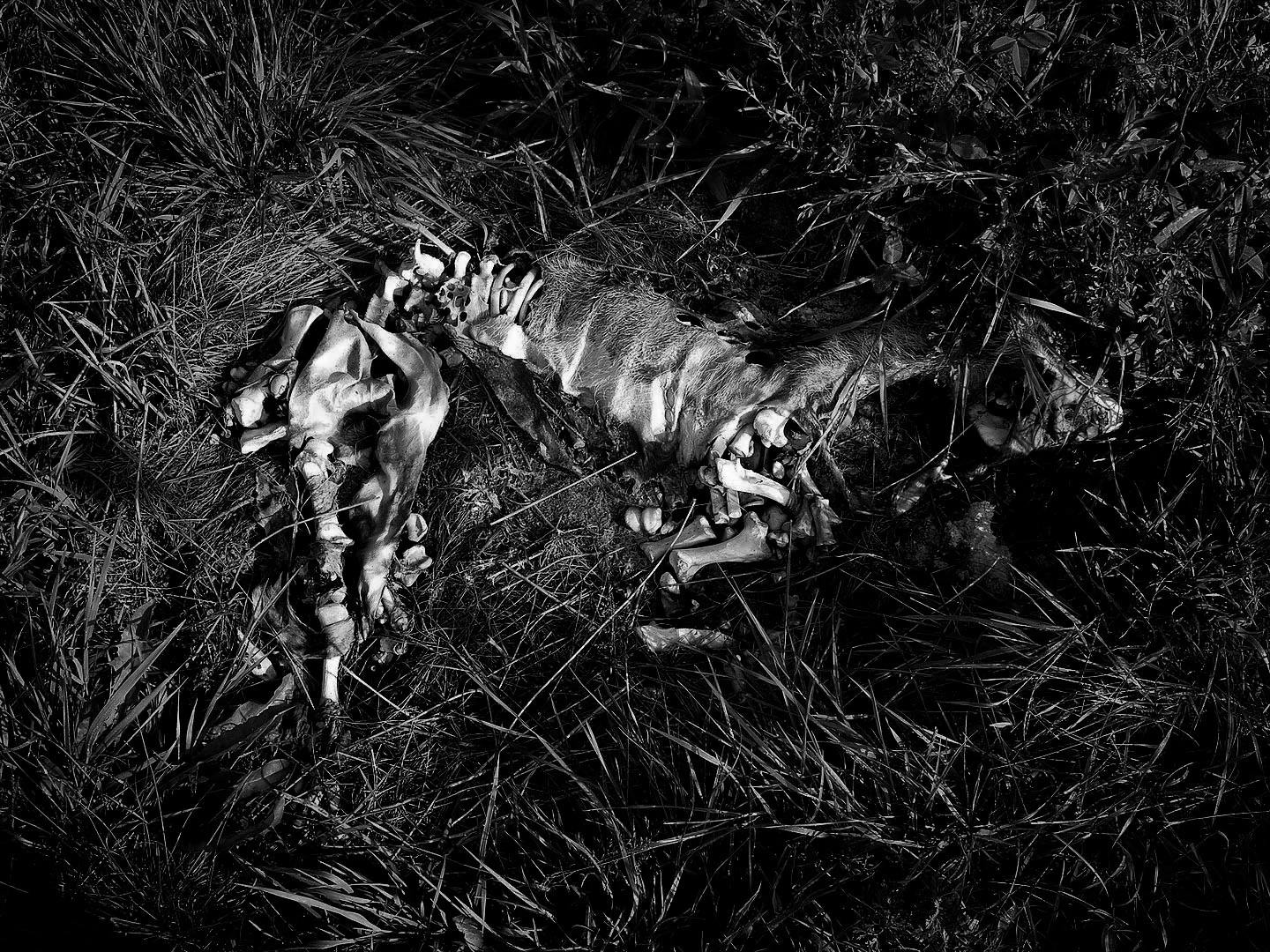
Investigating
Science of decay
The study of decomposition involves analyzing the changes that occur in animal carcasses and human remains. Researchers use DNA sequencing, microscopy, and chemical analysis to study samples and environmental factors like temperature and humidity that affect decomposition. Notable researchers in this field include Dr. Shari Forbes and Dr. Bill Bass, who have contributed significantly to our understanding of decomposition and its applications in forensic science, ecology, and public health.
Through this research, we will gain a deeper understanding of the complex process of decomposition and the factors that influence it, which can ultimately inform various fields such as forensic science and ecology.
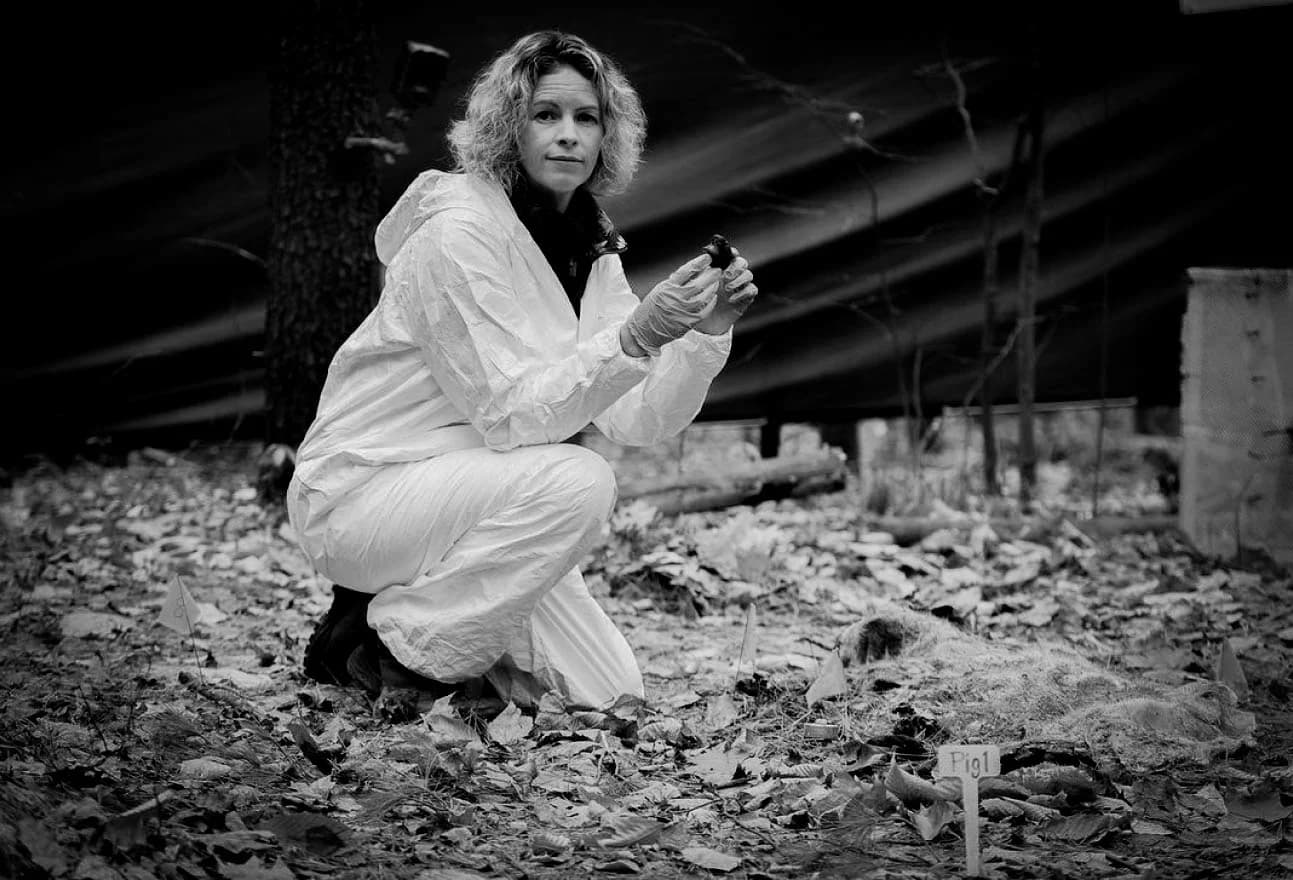
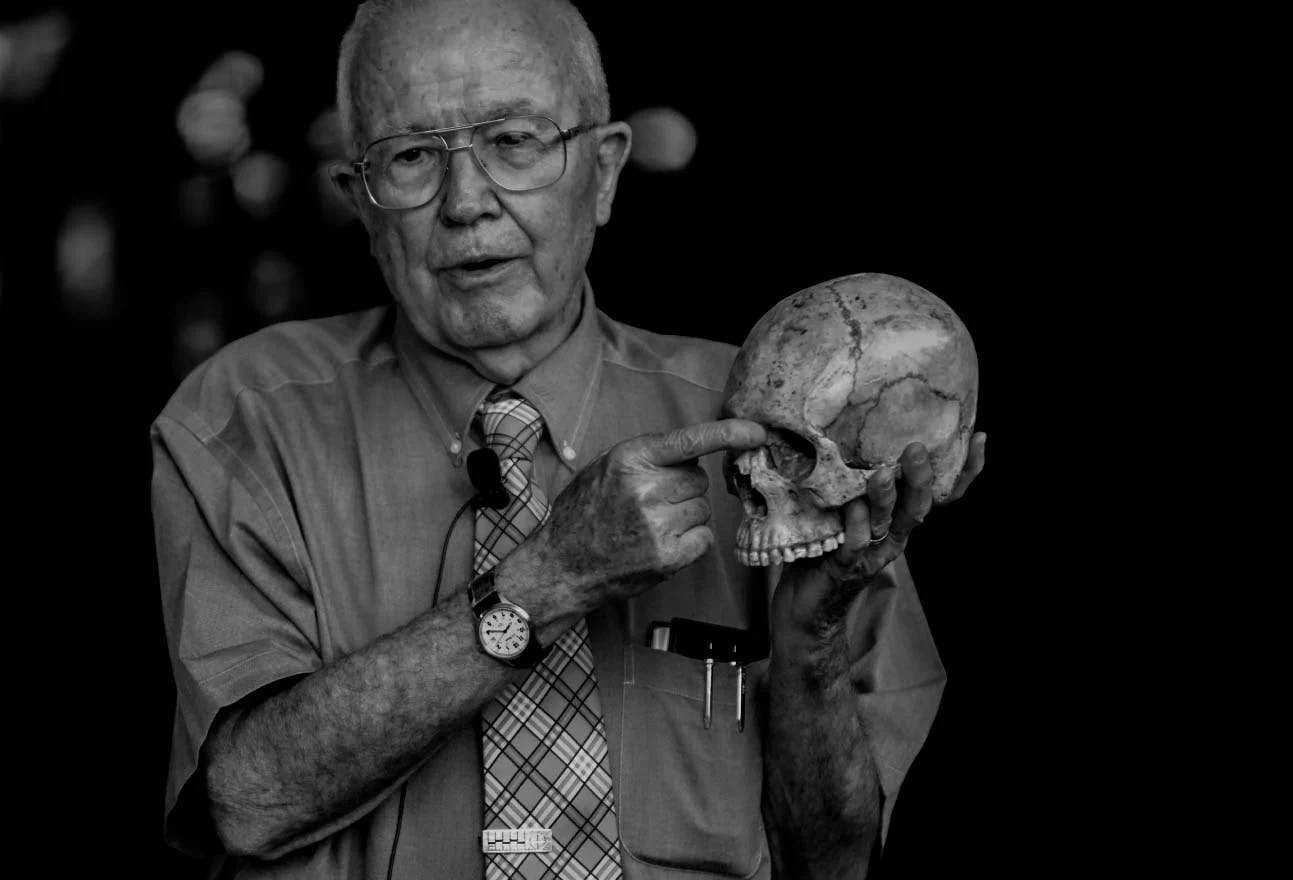
Scroll
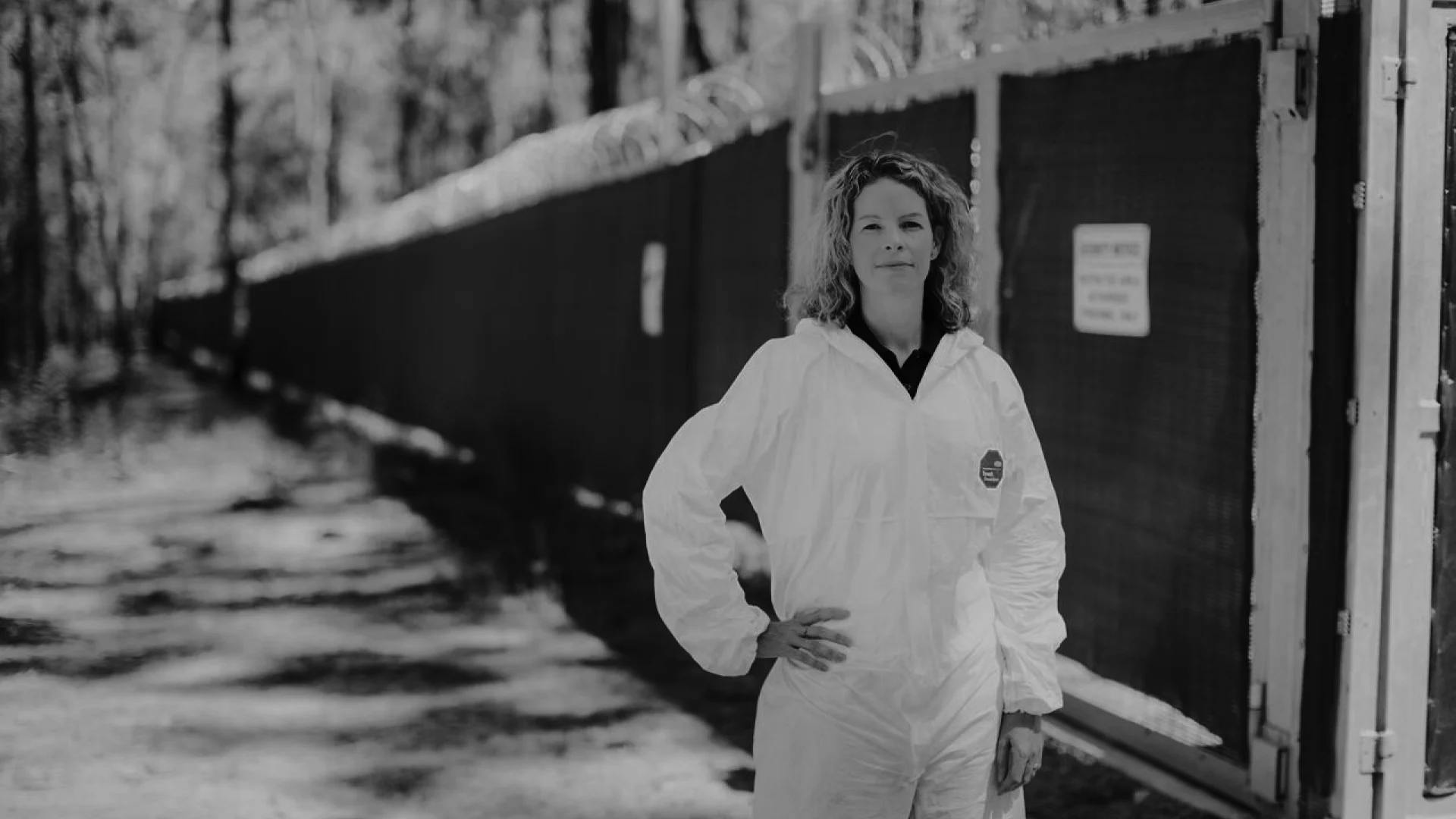
Revealing
Mysteries of Decay
After exploring the various stages of decomposition and studying its physical processes, we can now delve deeper into the mysteries surrounding this natural process. In this section, we will uncover fascinating details about the microbial communities involved in decomposition, the chemical reactions that occur, and the ways in which decomposition can vary based on different environmental factors.
Microbes play a crucial role in the decomposition process, breaking down organic matter and recycling nutrients back into the environment. By studying the microbial communities involved in decomposition, we can gain insights into the underlying mechanisms of this complex process.
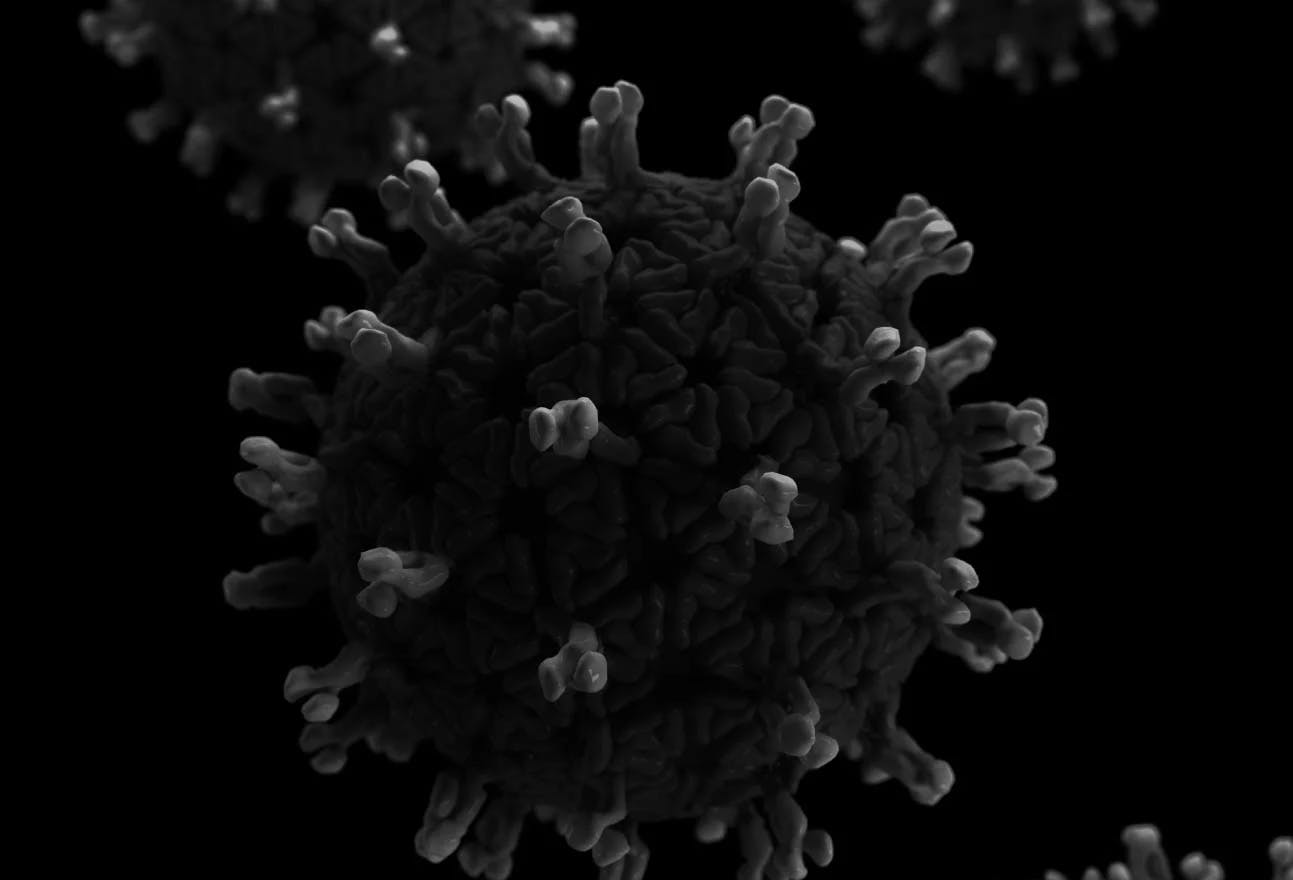
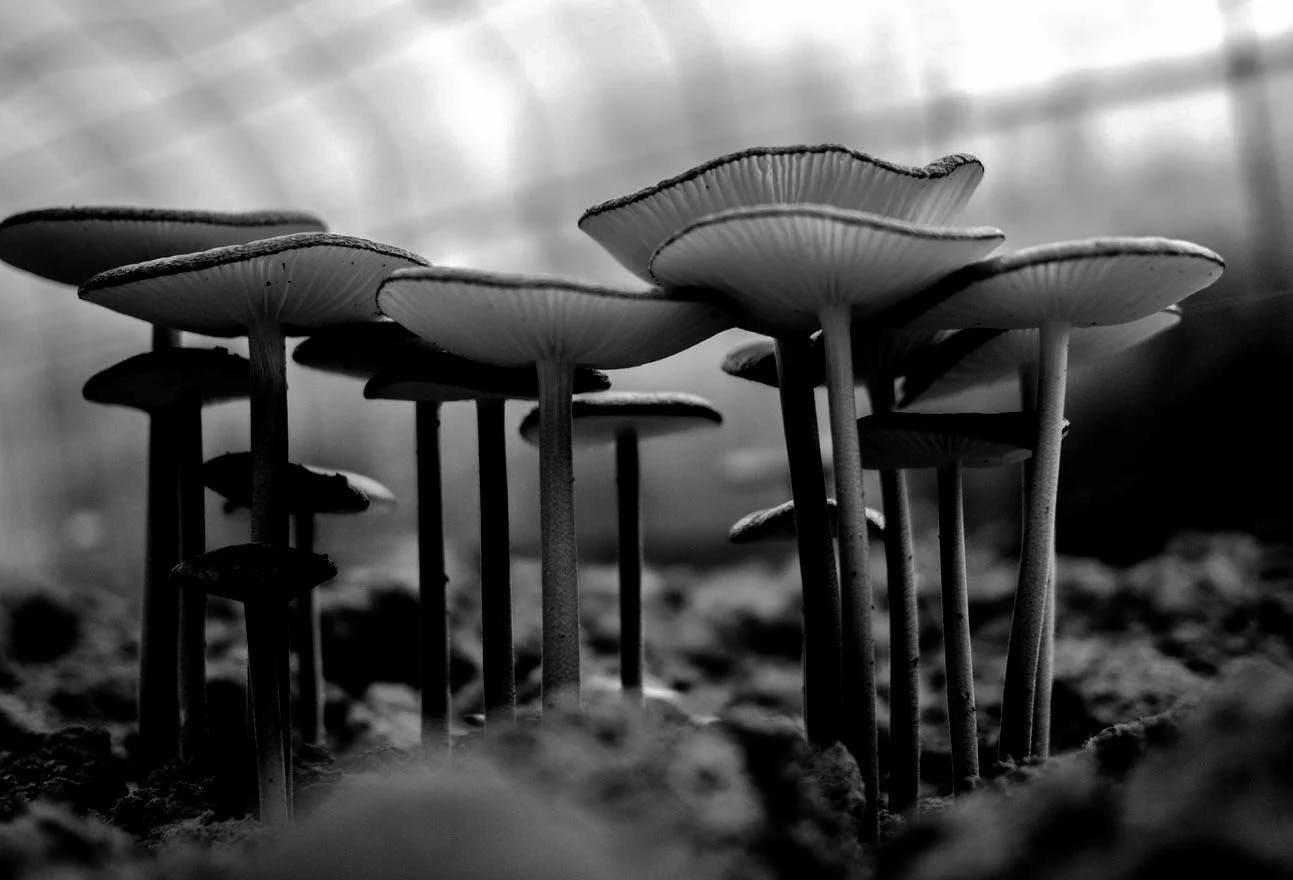

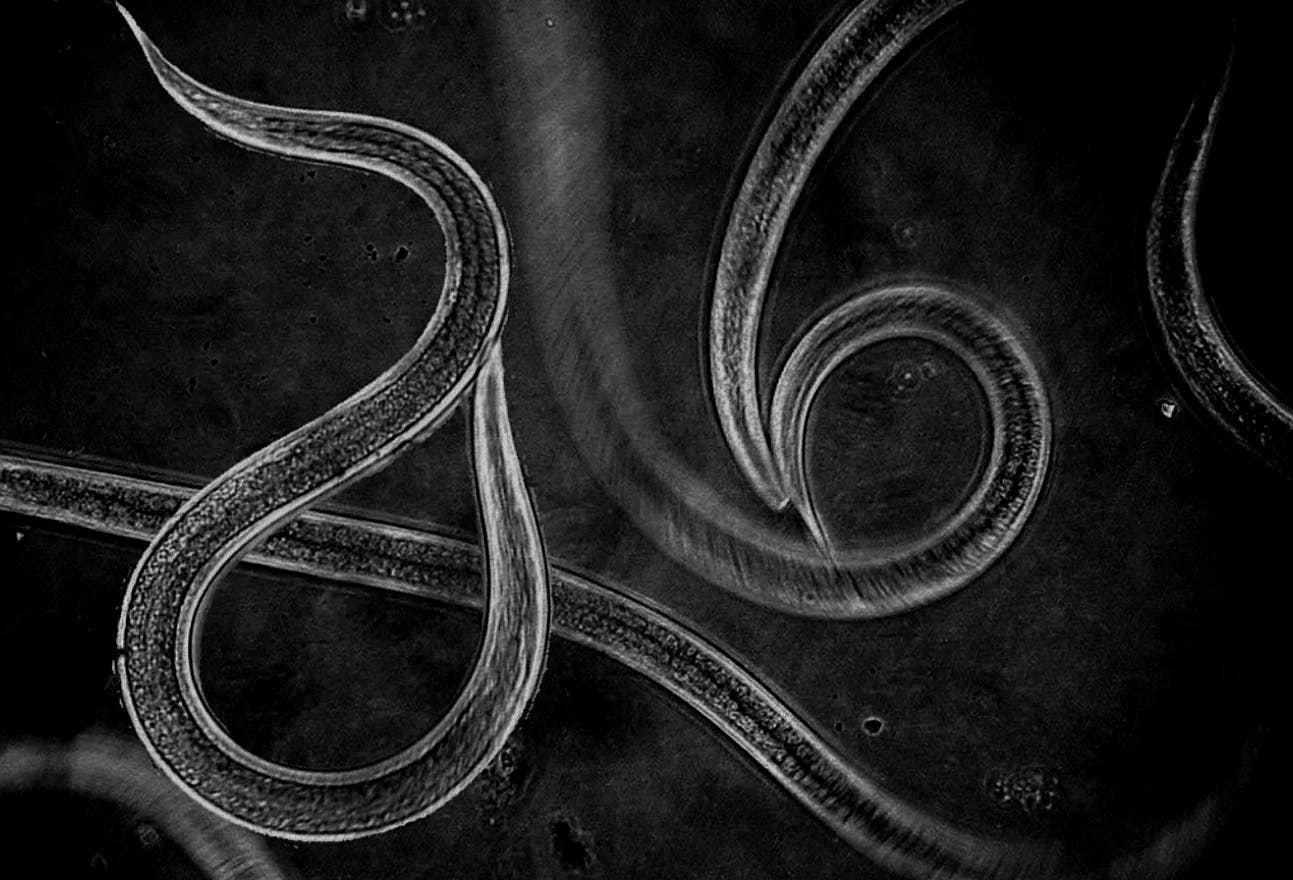
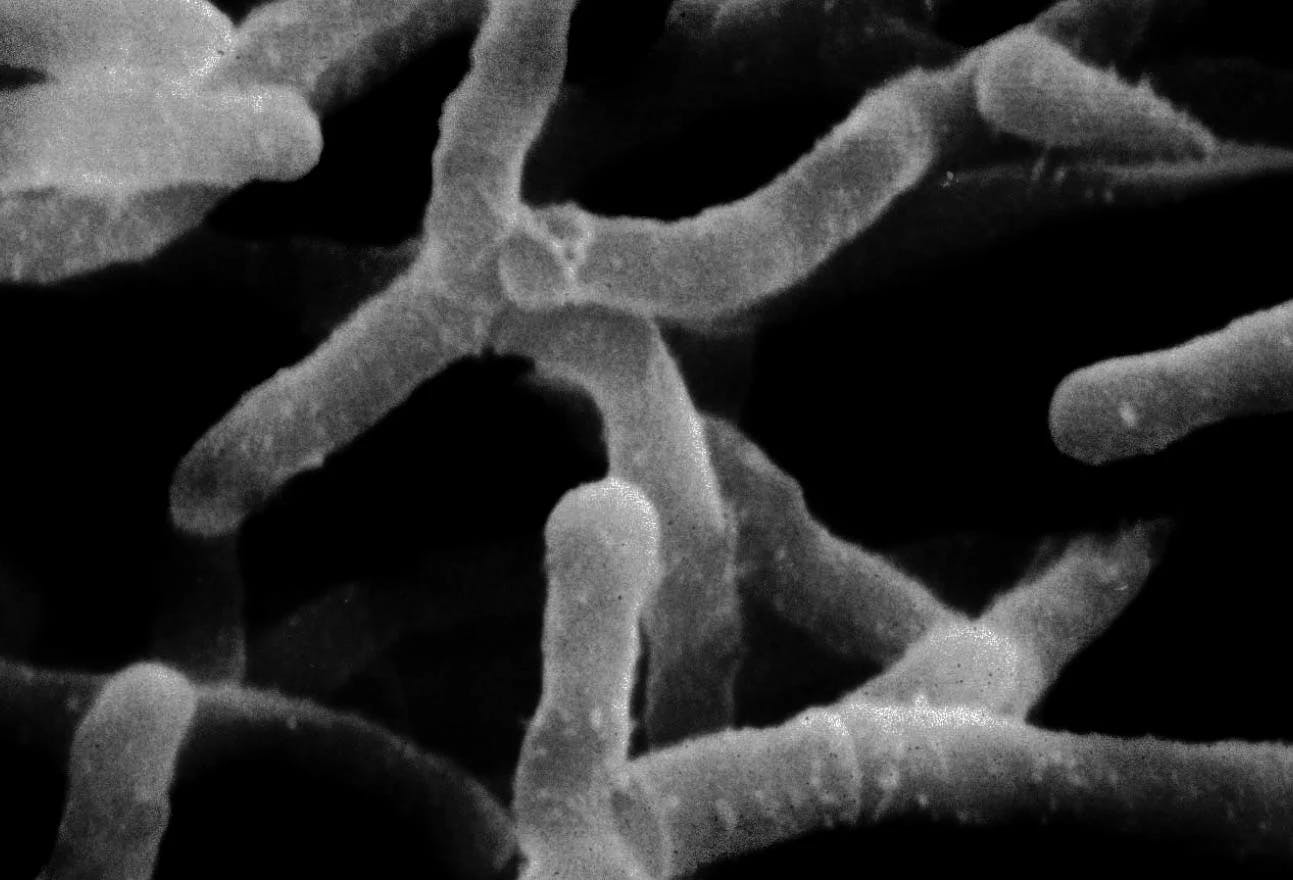
Scroll

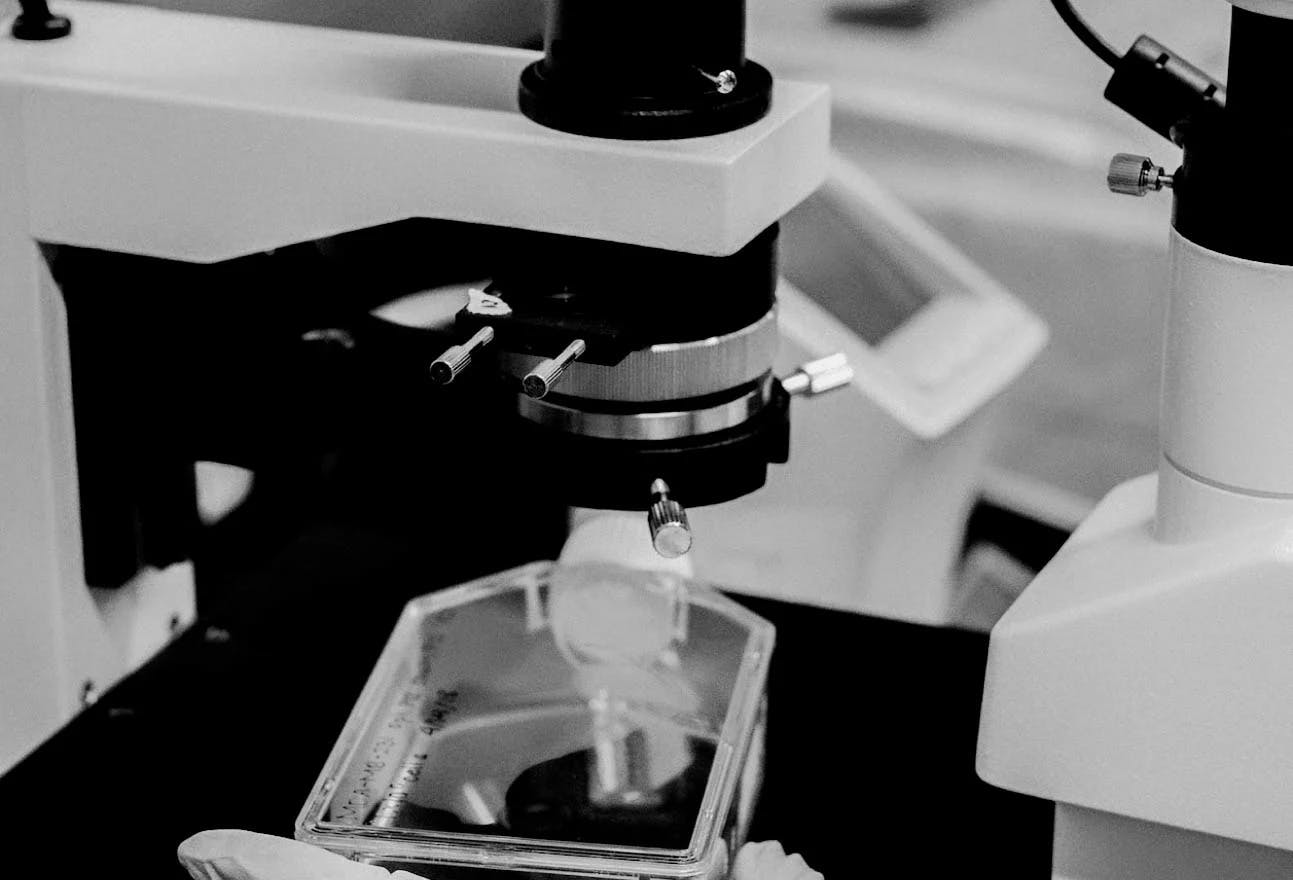
Unveiling
Valuable Influence
Having traced the decay process, delved into the science behind it, and revealed its intriguing mysteries, we now venture into the profound implications that lie hidden beyond decay's veil. In this section, we explore how decay reverberates through various domains of our lives, shedding light on its influence on forensic science, ecological balance, and the human experience.
Decay's influence extends far beyond its outward appearance. It acts as a catalyst for renewal and regeneration, playing a crucial part in the natural cycle of life. As we examine the intricate mechanisms and symbiotic relationships associated with decay, we unlock a deeper understanding of its transformative potential.
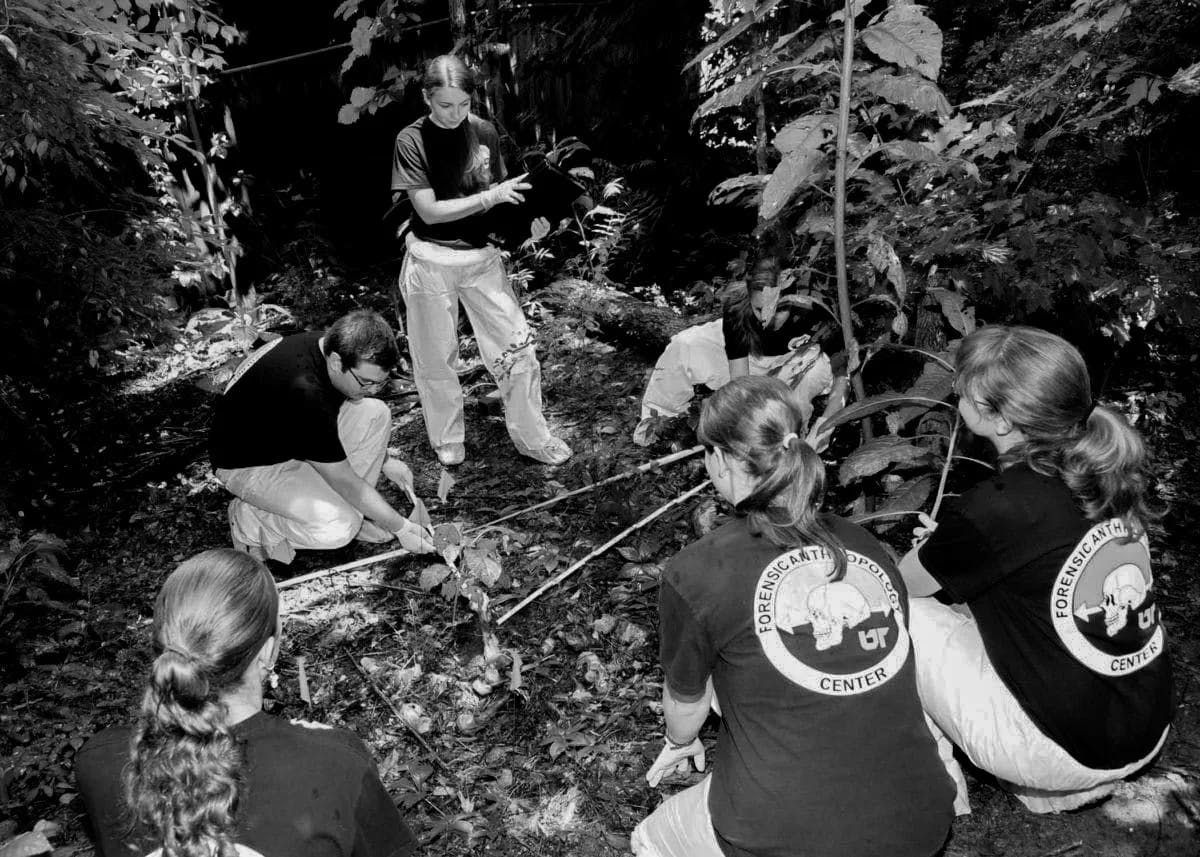
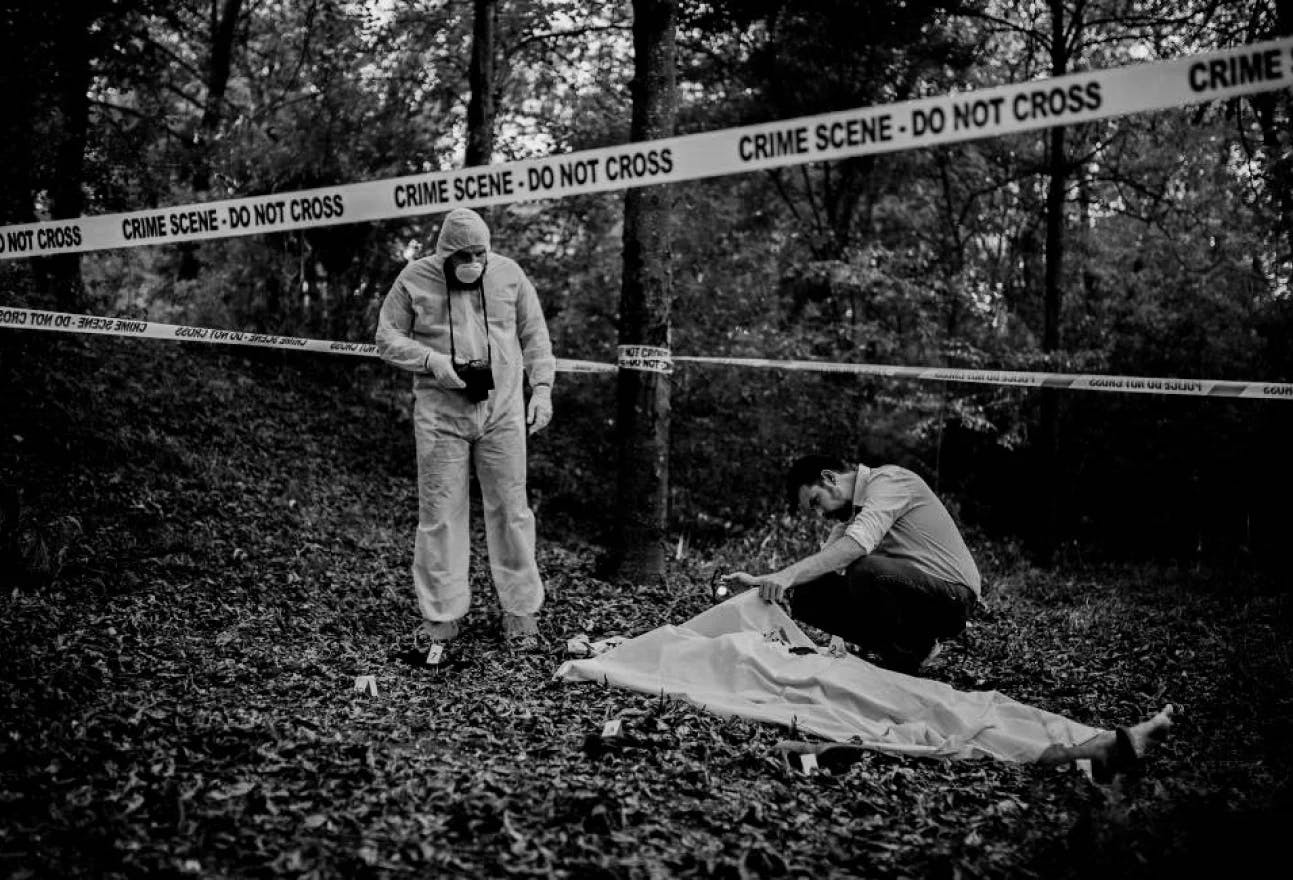
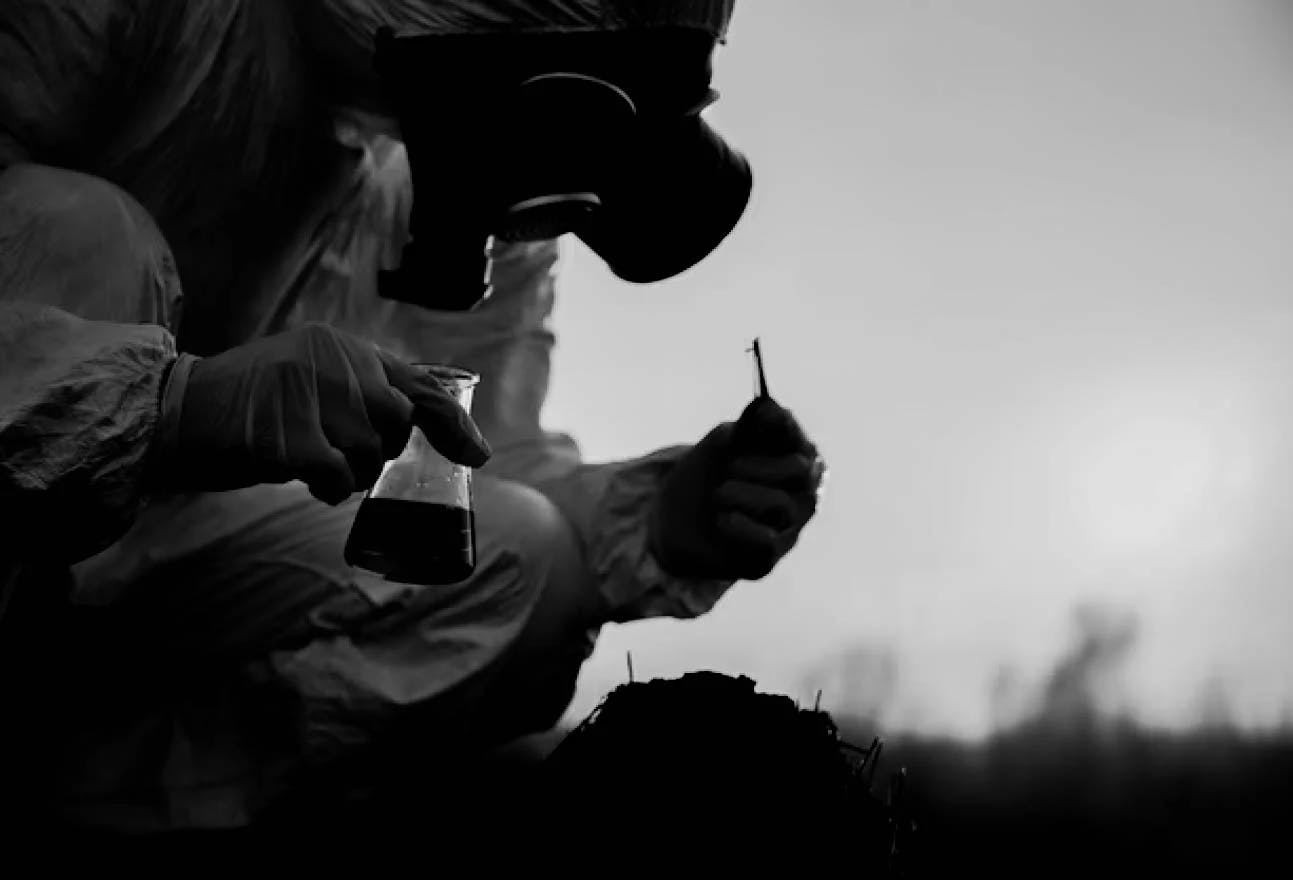
Scroll
